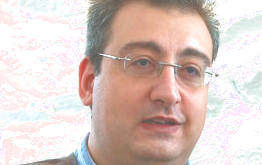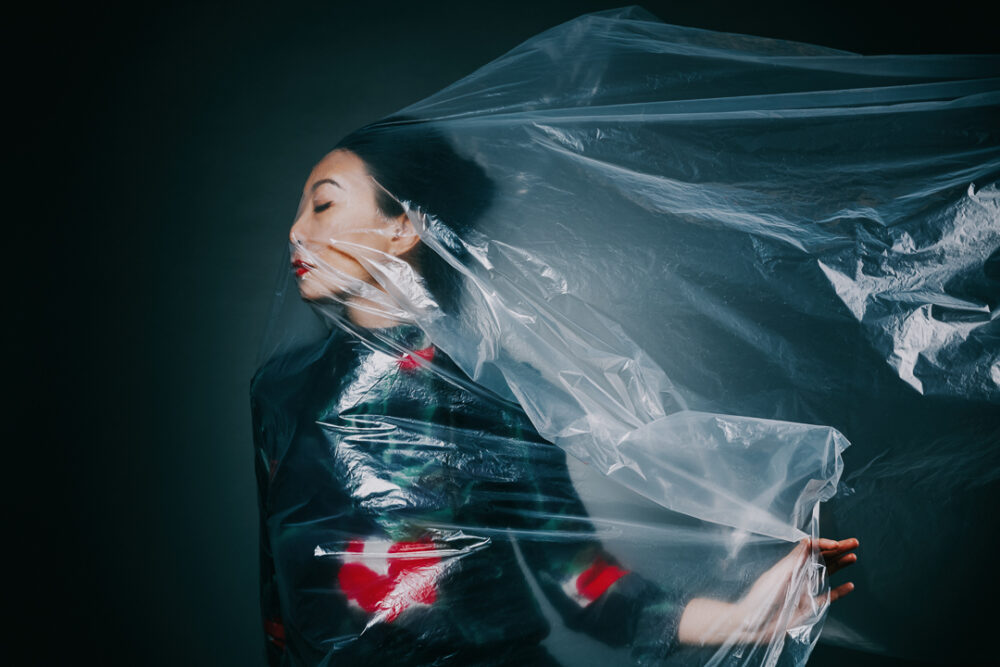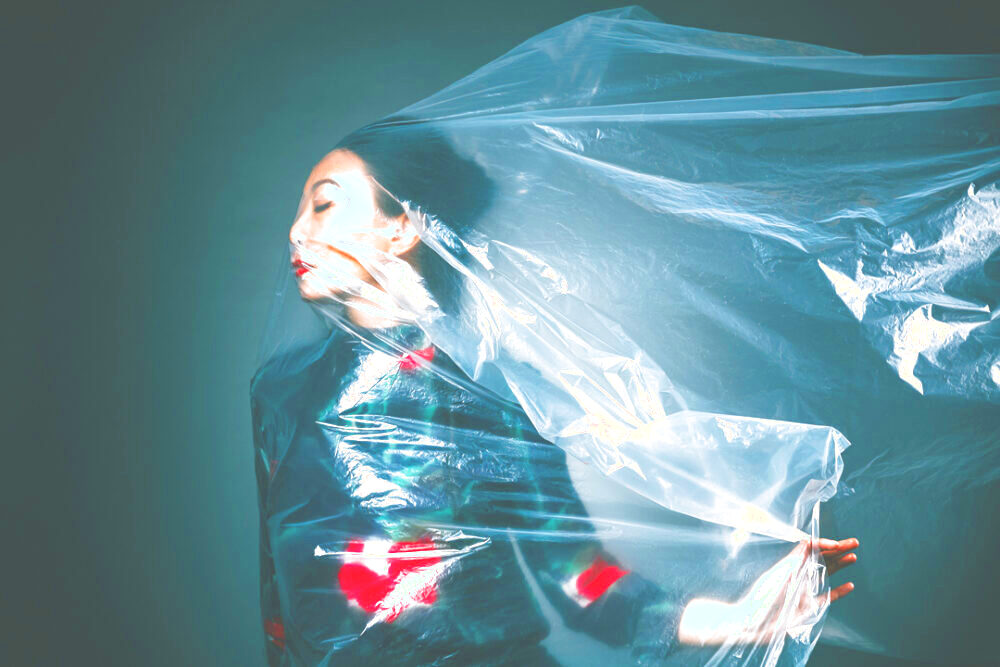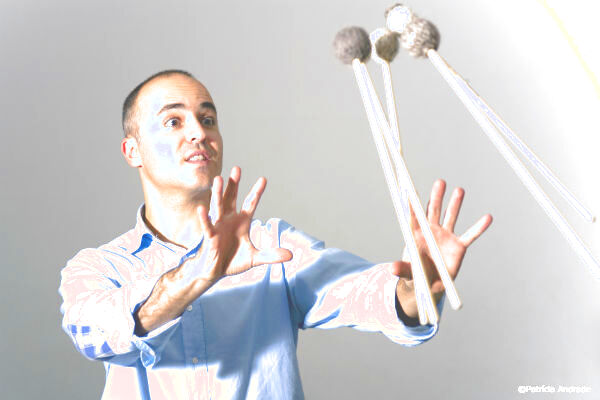The SWR Symphony Orchestra has its artistic home in the Liederhalle Stuttgart and the Konzerthaus Freiburg. Formed in September 2016 from the merger of the SWR Radio Symphony Orchestra Stuttgart and the SWR Symphony Orchestra Baden-Baden and Freiburg, its artistic profile includes interpretative approaches from historically informed performance practice, the classical-romantic core repertoire and contemporary music in equal measure. Since the 2018/2019 season, Teodor Currentzis, one of the most internationally sought-after conductors, has been at the helm of the symphony orchestra as chief conductor. François-Xavier Roth will take over this position in the 2025/2026 season.
Annual fixtures in the SWR Symphony Orchestra’s concert calendar include SWR’s own concert series in Stuttgart, Freiburg and Mannheim as well as performances at the Donaueschingen Music Festival and the Schwetzingen SWR Festival. Since 2020, the SWR Symphony Orchestra has been the resident orchestra of the Whitsun Festival at the Festspielhaus Baden-Baden. Invitations regularly take the orchestra to the Salzburg Festival, the Elbphilharmonie Hamburg, Berlin, Cologne, Frankfurt, Dortmund, Essen, Vienna, Edinburgh, London, Barcelona, Madrid and Warsaw.
Internationally sought-after conductors such as Herbert Blomstedt, Peter Eötvös, Christoph Eschenbach, Sir Roger Norrington, Jakub Hrůša, Eliahu Inbal, Ingo Metzmacher, Kent Nagano, Michael Sanderling, Pablo Heras-Casado, Jonathan Nott, François-Xavier Roth, Dima Slobodeniouk and David Zinman have all worked with the SWR Symphony Orchestra. Among the top-class soloists are Patricia Kopatchinskaja, Antoine Tamestit, Gil Shaham, Nicolas Altstaedt, Vadym Kholodenko, Martin Grubinger and Isabelle Faust as Artists in Residence, as well as many other renowned guests, including Hilary Hahn, Sabine Meyer, Julia Fischer, Yulianna Avdeeva, Renaud Capuçon, Anna Vinnitskaya, Janine Jansen, Mischa Maisky, Vilde Frang and Fazil Say.
With its extensive music education program, the SWR Symphonieorchester reaches around 15,000 children, young people and adults in the SWR broadcasting area every year. Numerous live broadcasts on SWR2 and concert streams on SWR.de/so enable many music lovers all over the world to take part in the symphony orchestra’s concerts.





